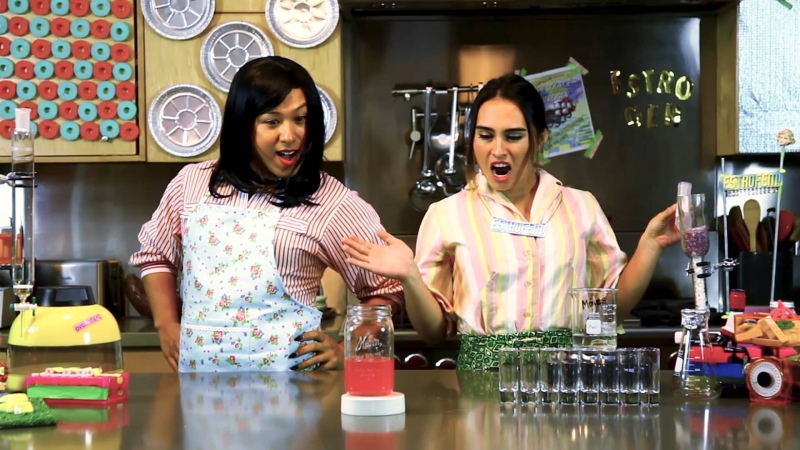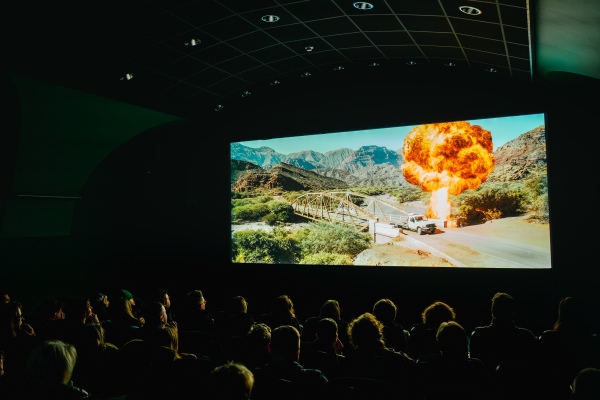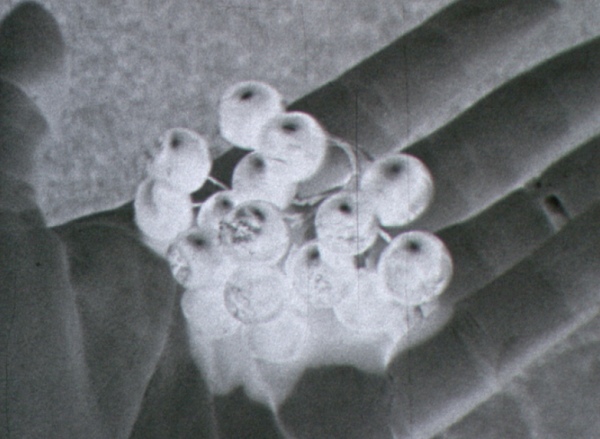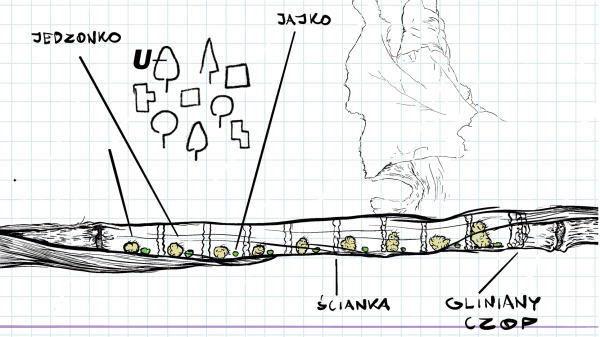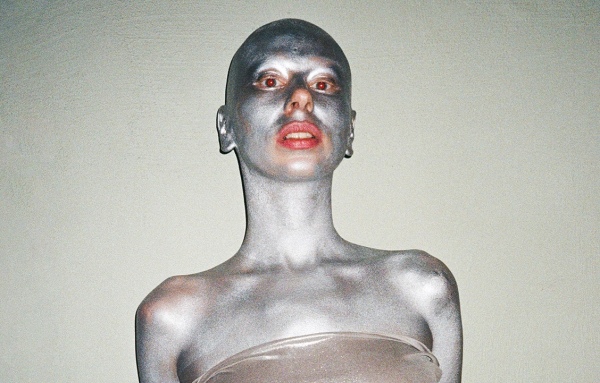Kitchens of the Revolution: Cinema and Social Reproduction
Talk by Michalina Augusiak + screening of short films
The talk by Michalina Augusiak will deal with classic and contemporary approaches to social reproduction, i.e. all forms (usually feminised) of work responsible for maintaining and renewing human bodies, living spaces and productive forces. The reproductive sphere can be regarded as a particularly favourable plane for revealing the dependencies inscribed into a capitalist organisation of work, as well as a potential space for radical interventions. By referring visual representations to theoretical recognitions and political demands (from early socialist feminism, through the "Wages for Housework" campaign, to the latest reinterpretations), we will ask whether the dominant images of cooking and nourishing bodies can be effectively captured and used for anti-capitalist, feminist, and queer resistance practices.
-
-
Michalina Augusiak
-
student of history, cultural studies and philosophy at the College of Inter-area Individual Studies in the Humanities and Social Sciences of the University of Warsaw. She deals with the history of gender and sexuality, the theory of social reproduction as well as socialist feminism. At the Institute of History of the University of Warsaw, she is preparing a master’s thesis on the subject of sexological and pedagogical theories in the literature of the Polish People’s Republic [PRL].
-
-
-
Semiotics of the Kitchen
-
directed by Martha Rosler, USA 1975, 6'
-
Inspired by cooking shows, Rosler’s work belongs to the American canon of feminist visual art. The artist’s repeated, stopped and scaled movements are the result of the deconstruction of a bodily regime that mystifies reproduction as a spectacle of precision.
-
-
-
Blow Up My Town
-
[Saute ma ville], directed by Chantal Akerman, Belgium 1968, 13'
-
The 13-minute debut from Chantal Akerman contains many motifs that are often repeated in the films of this Belgian director: the kitchen, the preparation of a meal alone, the act of destruction. Everyday gestures performed by female bodies are at the same time a source of unbearable discipline and an image that bursts out of its visual frames with full power.
-
-
-
The 24 Hours of Jadwiga L.
-
[24 godziny Jadwigi L.], directed by Krystyna Gryczełowska, Poland 1967, 14'
-
Every evening, Jadwiga L. leaves home for a night shift at the factory. Her days are filled with sleep, housework, and childcare. Illustrating the historical and sociological thesis about the "double load", Gryczełowska’s documentary is an important element of the narrative on the subject of women's work in a socialist state.
-
-
-
Diary of a Pregnant Woman
-
[L’Opera-Mouffe], directed by Agnès Varda, France 1958, 16'
-
In impressions from a Parisian market on Rue Mouffetard, Varda juxtaposes images of the female body and food products – primarily metaphorically, poetically. A swollen belly looks like a ripe pumpkin. However, the film can also be read as a story about the material effort of living, the toil that the body must pass to provide itself and others with resources to survive.
-
-
-
Housewives Making Drugs. Open Source Estrogen
-
directed by Mary Maggic, Mango Chijo Tree and The Jayder, USA 2015 10'
-
The Housewives Making Drugs project, created by Mary Maggic, uses the convention taken by Martha Rosler of the TV programme to intercept the means of reproduction. This ten-minute video gives simple instructions on how to make oestrogen at home. Many non-binary as well as transwomen have difficult access to oestrogen due to institutional and economic obstacles.
-
